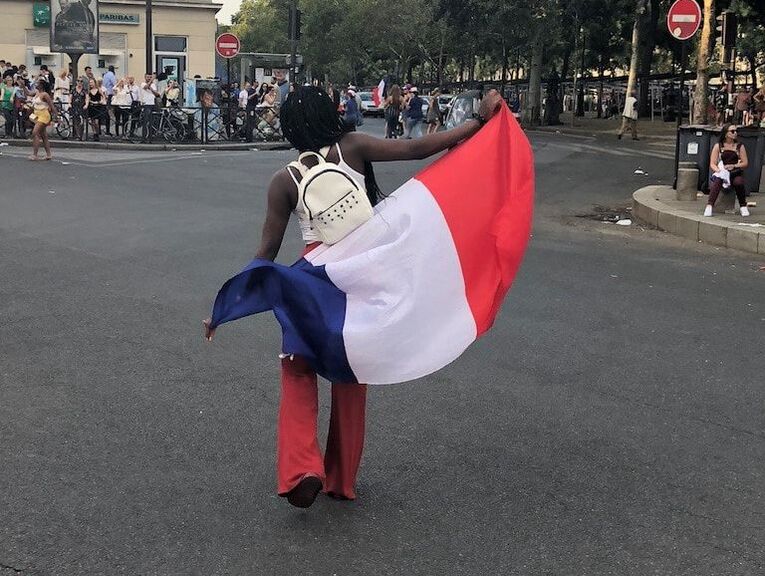|
|
|
When you see images of French daily life or French people in magazines, films, or other media, what do you see?
Usually, it’s white people, with perhaps a few visibly non-white people depicted. But this is odd for multiple reasons. One, France has a long history of immigration, primarily from its overseas territories and former colonies. Due to years of colonialism, colonial slavery, and subsequent migration, ethnic minorities, or 'visible minorities' in French academic parlance, have long been part of French society. Secondly, France does not acknowledge or measure race as a separate identity category. So while France is a multicultural society, it does not, as a facet of law, distinguish between these different cultures. One is either French or not. This is France’s Republican model.
Yet representations in popular culture or government reveal how this ideology does not quite play out this way as representations of Frenchness, whether it’d be French people, French identity, or French culture, are usually white, in terms of positions in government or images in French cinema and television.
In my Identities article, 'Are French people white?: Towards an understanding of whiteness in Republican France', I discuss how middle-class adult children of North African immigrants – individuals who were born in France and are descendants of France’s colonial empire in the Maghreb – navigate a French society that is supposedly colorblind where whiteness is the default. How do they wrestle with definitions of French identity as white and full belonging in French society as centered on whiteness? One way to understand this is as part of a racial project (Omi & Winant 1994) in which distinctions among individuals are marked without explicit categories. David Theo Goldberg (2006) argues that our ideas of Europeans and European identity more generally are also based on whiteness as default. Just as French Republicanism denies the existence of race and racism, I argue that it simultaneously denies the existence of whiteness and white supremacy. Part of France’s racial project is the continued production and reproduction of white as normal or default. This is one reason why France is a fascinating place to examine white supremacy and everyday racism. References: Goldberg, D. T. 2006. Racial Europeanization. Ethnic and Racial Studies 29: 331–364. Omi, M. & H. Winant. 1994. Racial formation in the United States: from the 1960s to the 1990s. New York: Routledge.
Blog post by Jean Beaman, Purdue University, USA
Read the full article: Beaman, Jean. Are French people white?: Towards an understanding of whiteness in Republican France. Identities: Global Studies in Culture and Power. DOI: 10.1080/1070289X.2018.1543831
0 Comments
Your comment will be posted after it is approved.
Leave a Reply. |
|
Explore Identities at tandfonline.com/GIDE |
|
The views and opinions expressed on The Identities Blog are solely those of the original blog post authors, and not of the journal, Taylor & Francis Group or the University of Glasgow.

